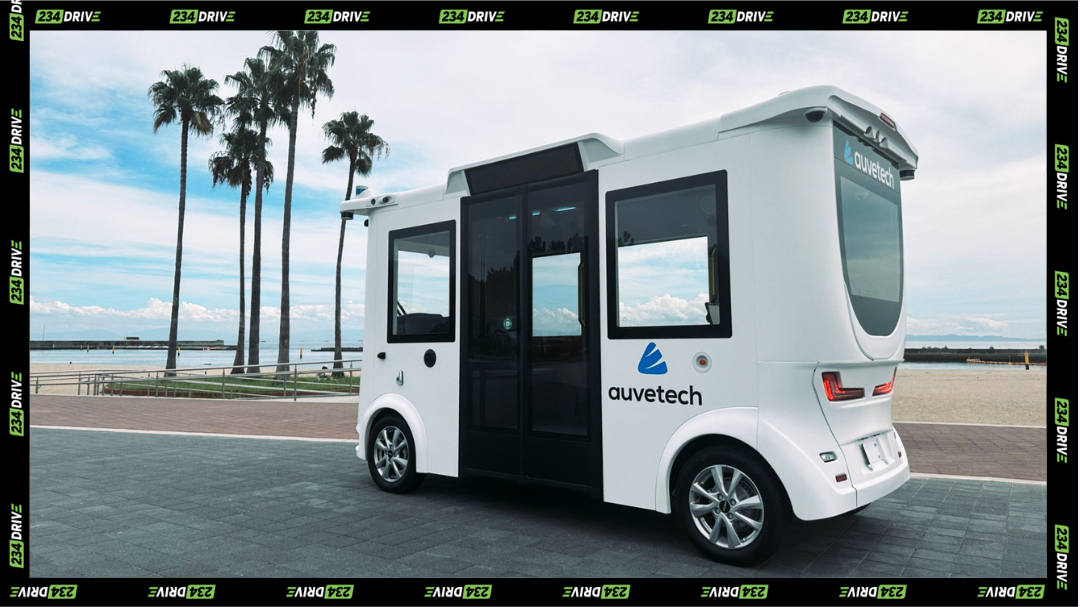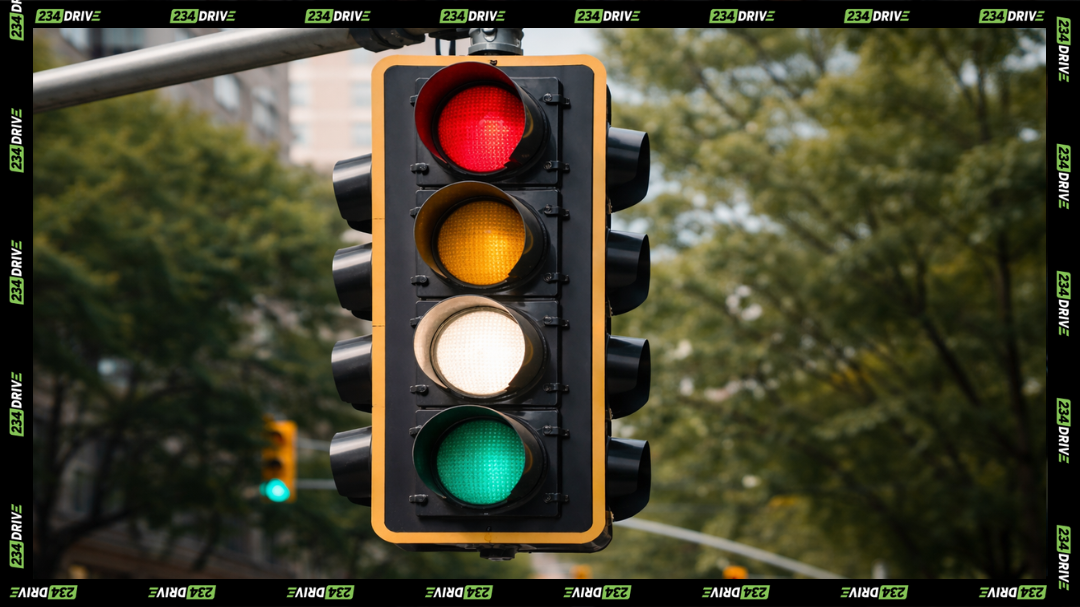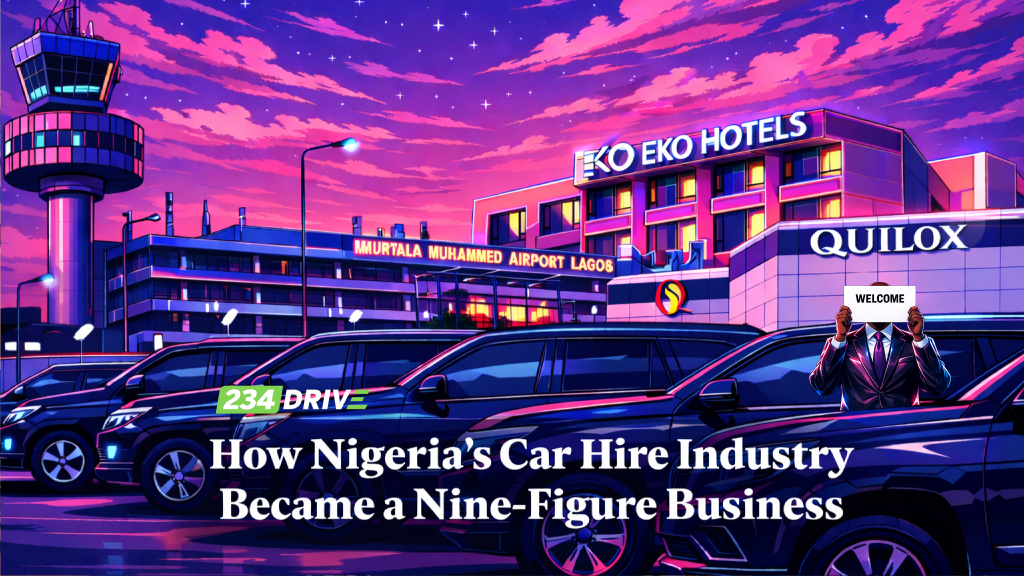It’s a bold move when a Nigerian automaker drops the price of entry into electric mobility to just ₦16 million (about $11,000 ≈ ₦16.445 million).
Nord Automobiles Limited, led by founder Ajayi Joshua Oluwatobi, has announced the launch of its entry-level electric vehicle (EV) from its Lagos base. The announcement came via Oluwatobi’s X post on September 3, 2025, setting a clear price tag that makes it one of the most affordable EVs in Nigeria. Buyers are invited to Nord’s showroom to test the new model firsthand.
The EV comes in at a fraction of the cost of imported alternatives, which often skyrocket in price due to tariffs and logistics. With Nord’s design and assembly rooted in Nigeria, supported by international sourcing of parts from markets like Thailand and China, the strategy is to deliver quality while keeping ownership within reach.

Nord designs, assembles, and distributes its vehicles locally. Components are imported, but the engineering, fit, and finish are tailored for Nigerian conditions. The government’s Consumer Credit Corporation, in partnership with the NADDC, has launched a ₦20 billion fund to help citizens finance locally assembled cars from companies like Nord and Innoson. Nord, in turn, has urged policymakers to expand incentives and tax breaks to further protect indigenous brands.
This pricing signals a push to normalise homegrown vehicles in a market long dominated by Toyota, Hyundai, and other imports. With Nigerians often forced to pay $45,000 (≈ ₦67.275 million) for a $16,000 (≈ ₦23.92 million) car due to import markups, Nord’s offer presents a serious challenge to the import-dependent status quo.

Globally, the move places Nord among the most aggressive EV price players. For context, South Africa’s BYD Dolphin Surf sells at around $19,000 (≈ ₦28.405 million), making Nord’s $11,000 (≈ ₦16.445 million) entry point a standout. Closer to home, competitor Innoson has already launched EVs, but without disclosed pricing. That transparency gap gives Nord an edge in marketing and accessibility.
Nord’s broader portfolio includes buses (Mover, Flit, Lasgi), trucks (Aso), sedans (Q3, A3), and SUVs (Q5, A9). The brand already has traction in Ghana, Ivory Coast, and Egypt. Its October 2024 launches of the A3 sedan and A9 SUV signalled expansion into multiple vehicle classes. Now, with an EV priced for wider adoption, the company is pushing further into everyday Nigerian garages.
The question ahead: will affordability alone be enough to overcome Nigeria’s infrastructure bottlenecks — like charging availability and inconsistent power supply — or will Nord need deeper partnerships with government and private energy firms to drive real adoption?









